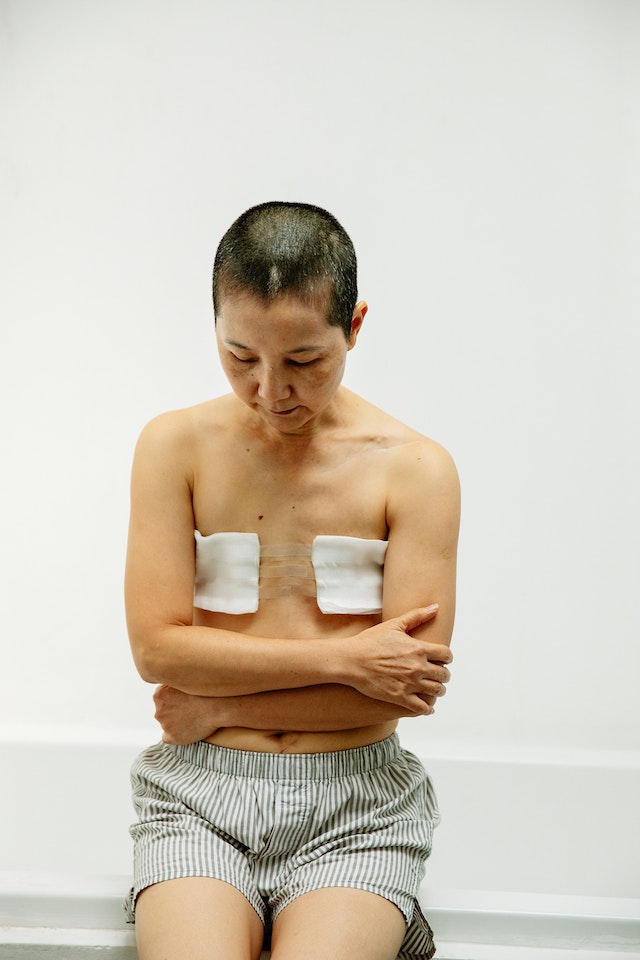When a woman undergoes a mastectomy, she expects certain changes in her body. The removal of breast tissue and the subsequent reconstruction can lead to physical transformations. But there is one unexpected and often shocking consequence that many women face after this life-saving surgery: the sensation of numbness in the post-mastectomy breast.
Numbness is a result of nerve damage caused during the mastectomy procedure. Surgeons carefully remove cancerous tissue and, in the process, sever nerves that transmit sensation from the breast to the brain. This loss of feeling can be profound and disorienting for women who are already grappling with the emotional and physical aftermath of breast cancer.
The experience of a numb post-mastectomy breast is far from just a physical change. It disrupts the deep connection that women have with their bodies and challenges their sense of self. The breast, once a symbol of femininity, sensitivity, and intimacy, becomes a foreign entity—a lifeless mound of flesh devoid of sensation.
For many women, the numbness is a constant reminder of what they have lost. It serves as a tangible representation of the battle they have fought against cancer and the sacrifices they have made to survive. In the face of this adversity, they must confront the reality that their bodies have been forever altered.
The emotional toll of a numb post-mastectomy breast cannot be underestimated. Women may experience a profound sense of grief and loss. They mourn not only the absence of sensation but also the loss of their pre-cancer selves—the women who felt complete, connected, and alive. This deep emotional impact can lead to feelings of depression, anxiety, and body image issues.
The numbness also affects women’s intimate lives and relationships. The loss of sensation in the breast can disrupt sexual pleasure and intimacy. It can create a sense of disconnection between partners, adding another layer of complexity to the healing process. Women may struggle to feel desirable or to fully engage in intimate moments, which can strain their relationships and self-esteem.
Support from healthcare providers is crucial during this challenging period. It is essential for surgeons to discuss the possibility of numbness with their patients before the procedure, ensuring they are well-informed and prepared for potential outcomes. Post-operative care should include psychological support, counseling, and access to support groups where women can connect with others who have faced similar experiences.
While numbness in the post-mastectomy breast can be a permanent condition for some women, there are strategies to manage its effects. Physical therapy and sensory retraining techniques can help stimulate nerve regeneration and improve overall sensitivity. Women can explore alternative forms of intimacy and communication with their partners, emphasizing emotional connection and finding new ways to experience pleasure.
Advancements in surgical techniques and research are continuously being made to address the issue of post-mastectomy numbness. Surgeons are exploring nerve-sparing procedures and advancements in nerve regeneration to improve sensation outcomes for women. By prioritizing research and innovation, the medical community is committed to minimizing the long-term effects of numbness and ensuring that women receive comprehensive care.
In conclusion, the experience of a numb post-mastectomy breast is a shocking and unexpected reality for many women. The loss of sensation disrupts not only physical comfort but also emotional well-being and intimate connections. It is crucial for healthcare providers to offer support and resources to help women navigate the complexities of this experience. Through continued research and compassionate care, we can strive to minimize the impact of numbness and empower women to reclaim their bodies and embrace a new sense of self after mastectomy.




